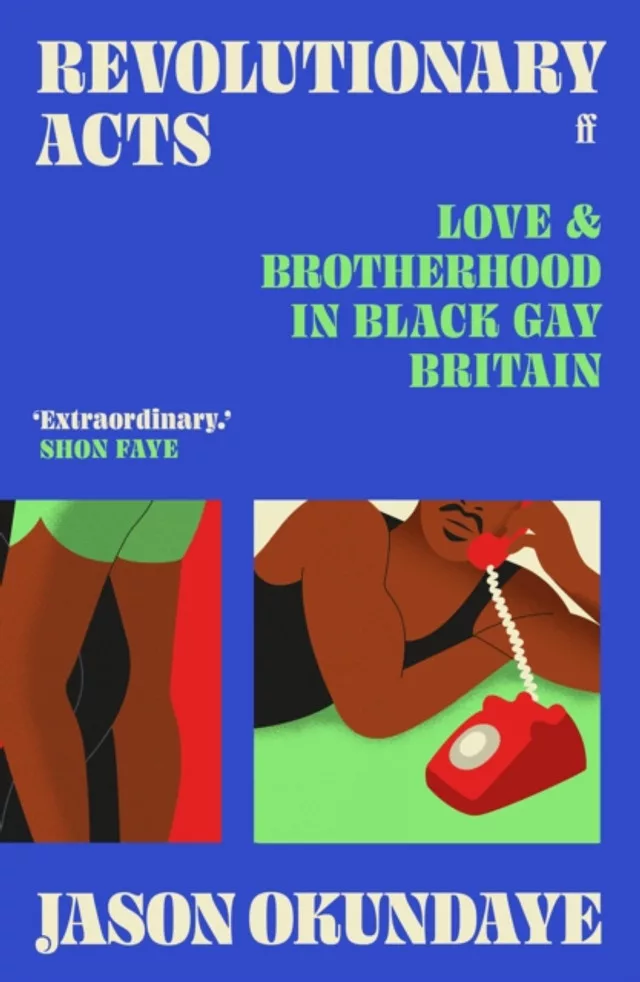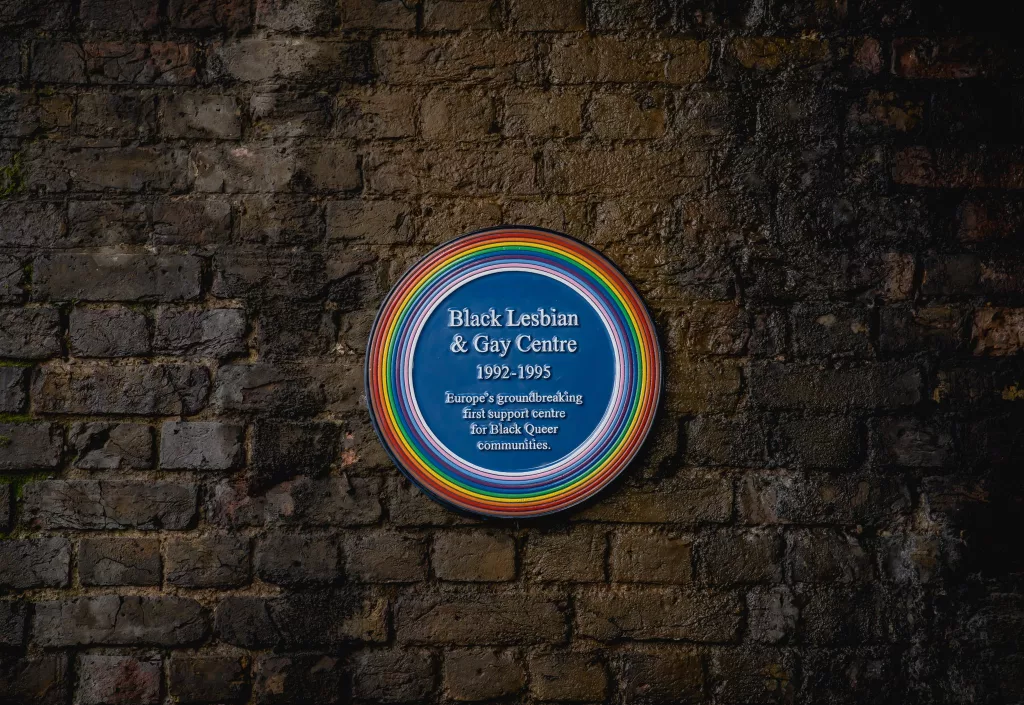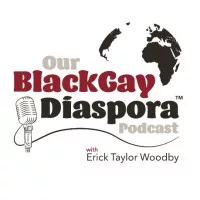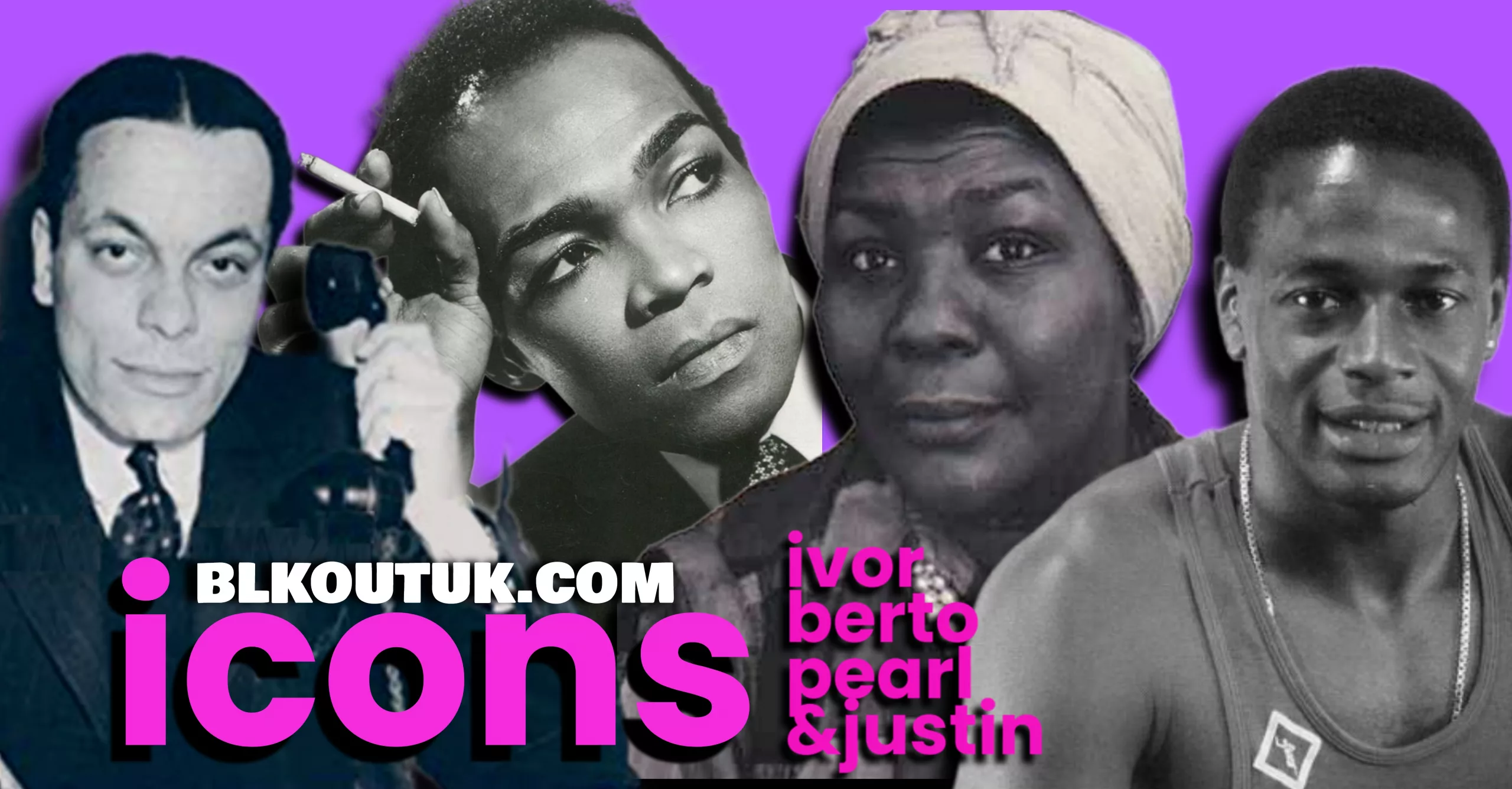The close of 2024’s LGBTQ History Month is a good time to reflect on the significance of the past in informing our present and supporting us in defining our futures. Thanks to the indefatigable efforts of Schools Out and interventions from an army of volunteers, amateur and professional historians, teachers, and social justice activists, LGBTQ History Month has become embedded in the national calendar. The fortunate coincidence with Black History Month in the US, has led to our timelines being replete with imagery and access to powerful storytelling about both Black and LGBTQ pasts. However, there remains work to do to join the dots, so that we can resist the erasure of Black folk from LGBTQ histories, and LGBTQ folk from Black histories.
The reticence to include Cecil Belfield-Clarke’s sexual orientation in celebration of his life and contribution to Black and Black British histories is an example of the tendency to erasure of difference in the name of ‘unity’. Such erasure tells us as much about past attitudes to LGBTQ inclusion, as it does about current patterns of silence and fear that continue to leave Black queer lives ‘unspoken’ across much of the UK’s Black-led civil society organising.
As Audre Lorde reminds us in her magisterial paper, ‘Learning from the 1960s’, these are ‘teachable moments’;
Through examining the combination of our triumphs and errors, we can examine the dangers of an incomplete vision. Not to condemn that vision but to alter it, construct templates for possible futures, and focus our rage for change upon our enemies rather than each other
In pursuit of a more complete vision of Black lives in the UK, BLKOUT’s social media campaign for this year’s LGBT History Month focused on four stories that illuminate some too-often forgotten corners of the stories we tell, and are told, about the past. Our focus has been on four people with whom regular readers of this blog will be familiar. Chosen from among numerous remarkable Black LGBTQ people that have built Black, Queer, and Blaqueer networks; those whose experiences have reflected the spirit of their times, and who offer us inspiration for “possible futures”.
- Ivor Cummings – civil servant, bon-viveur, and community organiser
- Berto Pasuka – dance impresario, model, and actor
- Pearl Alcock – entrepreneur, landlady, and outsider artist
- Justin Fashanu – footballer, sporting pioneer, and media ‘villan’

Naming this quartet as Black British Queer icons, we have sought to add the stories of their lives in the 20th century, and the lessons we may glean from becoming more acquainted with the reports of their experiences, to the growing ‘cannon’ of Black LGBTQ history in the UK.
BLKOUT has not been alone in using this month to add to the memorialisation, celebration, and inclusion of Black Queer lives in LGBTQ History Month.

Looking forward to reading the stories of Black Gay life in the 70s, 80s and 90s, from Brixton’s Railton Road that are included in Jason Okundaye’s new book, Revolutionary Acts
Congratulations to Aids Memory UK on the completion of the next steps in their journey to build an institution that can steward the histories of the AIDS epidemic in the UK, and ensure that we learn from them as we progress to Zero Transmissions

It’s great to see the emergence of more storytelling from a wider range of voices, and especially from voices that can reflect on the intersections between our social identities and lived experiences. BAME Vision published a powerful and inspiring video intervention from poet, academic, and activist, Beverley Duguid
Join the celebration of the Bellenden Road, Peckham, Black Lesbian and Gay Centre that has been marked with a new Rainbow Plaque. Remembering the triumphs of the past as inspiration to build the ‘community centre’ that meets the needs of today and bridges the path to our futures.


Erick Taylor Woodby continues on his mission to amplify the voices of notable figures from across the Black queer diaspora.
A project started in 2019, this month Erick reached episode number 77. Each interview offers important insights into the commonalities and differences that shape Black queer lives. Taken together, the interviews are creating a fascinating tapestry and chronicle of our times.
There is much good news to be found in the efforts of community members, and storytellers who recognise that our silence will not protect us. We have opportunities bounded by history months, and beyond those months to share our stories. Sharing these stories will likely be co-opted by the logics of social media, capitalised upon by capitalists, and used to drive the profits of institutions that will not always be on our side or in favour of our meaningful liberation.
It is our responsibility in the face of this knowledge (learned from past experiences) to make the connections between the past and present that can fuel our futures, and ensure that they are heard by those who have the greatest stake in leading us there, our young people. Four years ago we worked with The Mix to demonstrate the importance of intergenerational dialogue. We remain intentional about the time we dedicate and importance we attach not just to storytelling, but also to nurturing audiences for those stories. Audiences that can persist beyond the fickle, fleeting attention span of mainstream media, and stand with each other even when it is unfashionable or uncomfortable to do so.



Leave a Reply